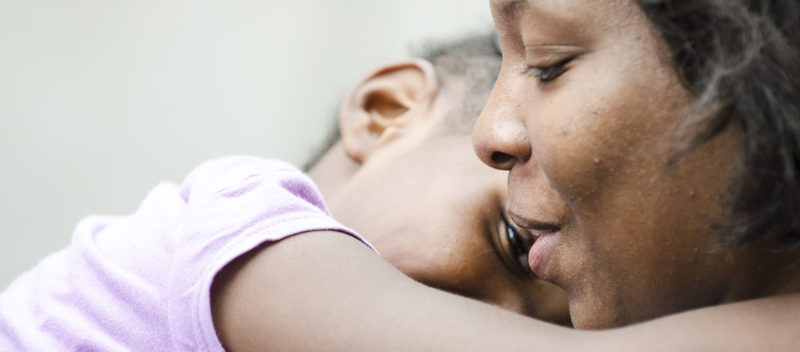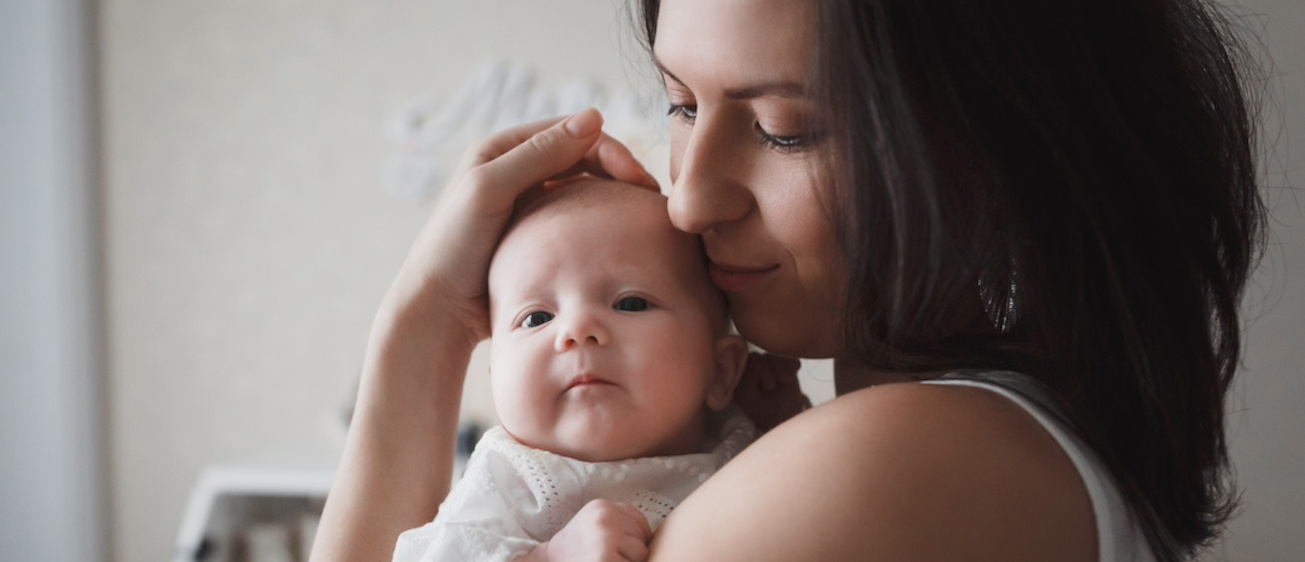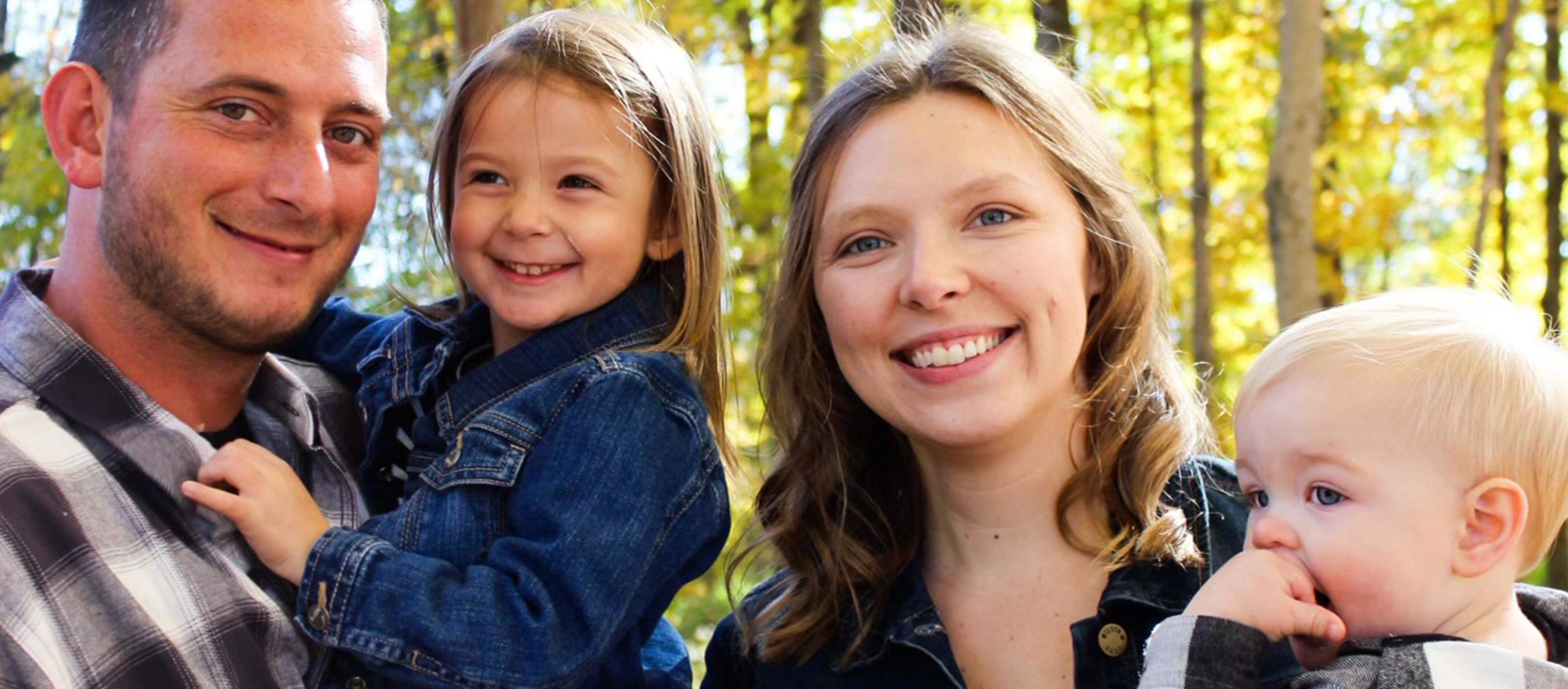If you have had a child born with a heart defect, you may be concerned that future pregnancies will result in a similar outcome.
Congenital heart defects (CHD) are common and impact more than 40,000 babies each year. The chance of having another baby with a heart defect depends on your child’s specific diagnosis, but in general, the risk is estimated to be between 2-3 percent. For comparison, the general population’s chance for having a baby with a heart defect is about one percent.
Sometimes, a baby’s heart defect is found during pregnancy. But often, heart defects are not found until after delivery leaving some parents to wonder: Why didn’t my doctor see this?
The reality is that many congenital heart defects do not become apparent until after the baby is born. This can leave parents feeling more anxious about their risk for future pregnancies.
If you have had a child with a congenital heart defect and are considering future pregnancies, here are some things to do before or immediately after becoming pregnant again:
1. Meet with a genetic counselor.
The exact cause of most heart defects is unknown, although the reason many heart defects occur is thought to be genetic. Most CHD is likely due to a combination of multiple genetic and environmental factors (multifactorial).
Individuals who have a personal or family history of CHD have a higher chance of a heart defect happening again in the family. For most people, the risk of having another child with a congenital heart defect ranges from 3-5 percent. However, for those who have particularly rare conditions, the risk can go up to 50%. But even then, it’s best to work with a genetic counselor to help interpret the results because so many different factors go into the percent of risk. For instance, if a child has 22q11.2 deletion syndrome, the chances of that parent having another child with the condition is 50% only if the parent is also affected by the condition. If the parent is not affected by the condition, the risk is far less.
You can meet with a genetic counselor before, during or after a pregnancy. A genetic counselor can give you more information about causes of CHD and can provide you with more specific information about the chance for CHD in future children and other family members. Most often, the chance of having another child with a CHD is 2-3 percent.
Most often, individuals have isolated CHD, meaning the heart problem is not related to an underlying genetic condition. Some genetic conditions are associated with a high risk for congenital heart disease, such as:
– Down syndrome
– AV Canal defect
– Ventricular septal defect
– Deletion 22q11.2 syndrome
– Truncus arteriosus
– Tetralogy of Fallot
– Right ventricular outflow tract obstruction
– Williams syndrome
– Supravalvar aortic stenosis
Not every individual with one of these types of heart defects has a genetic condition. However, if your child has other medical or developmental conditions, you should talk with your doctor about evaluation with a clinical geneticist.
2. Get a fetal echo between 18 and 24 weeks with all future pregnancies.
Fetal echocardiograms are not routine for most women, especially if there is no history or known risk of congenital heart disease (CHD). But if you have had a child with CHD, we recommend that you receive a fetal echocardiogram between 18 and 24 weeks of your pregnancy. The test takes about 45 minutes and allows for a more detailed evaluation of the structure and function of the heart than with routine ultrasound screening.
It is important to understand that fetal echo technology is very good, but is not perfect. Fetal echo often identifies significant cardiac abnormalities but may miss more subtle or mild forms of congenital heart disease due to the different flow of blood while in utero that changes after birth.
The fetal heart at 18-24 weeks is very small and optimal images are sometimes not possible secondary to other technical factors. The diagnosis will ALWAYS need to be confirmed postnatally with an echocardiogram prior to any decisions regarding management or repair. Despite these limitations, fetal echo has been shown to be very useful with respect to delivery planning, surgical planning and counseling/education for the family.
3. If your fetal echocardiogram is abnormal, meet with a maternal fetal medicine (MFM) specialist.
Meeting with a maternal fetal medicine (MFM) specialist is typically the next step after receiving an abnormal fetal echo. MFMs work closely with other providers to ensure the best care before, during and after childbirth, and will coordinate your delivery and ensure that your baby is delivered at a suitable location with appropriate level 3 nursery capabilities. They will coordinate the delivery plan and work closely with the cardiologist to ensure that timing of delivery is optimal for the safety of mother and the baby.
Often times, additional maternal monitoring may be necessary if other factors are involved such as advanced maternal age, diabetes or blood pressure concerns. In rare occasions, medication may be given to the mother which gets circulated by the placenta, and thereby treats the baby.
In conclusion, fetal echocardiography is a powerful tool that can help identify significant cardiac abnormalities and allows for family, delivery and interventional planning as necessary. The vast majority of fetal echocardiograms are normal or have very minor heart disease that will never require intervention, even in the setting of a prior child with CHD.
Remember that it’s most likely future children will not have CHD. The risk of having another child with a heart defect depends on many factors but for the majority of people, it ranges from 3-5 percent (but can go up to 50%, for those who have rare conditions). Following these steps with future pregnancies – meeting with a genetic counselor, obtaining a comprehensive fetal echo and meeting with a MFM – can help lessen your anxiety about future risk and ensure that if there are risks, you and your physicians will be well prepared.
If you’re considering pregnancy after having a child with a CHD, call 513-636-2371 to speak with someone in our Heart Institute about genetic counseling.
Editor’s note: This blog post was written in conjunction with Erin Miller, MS, a licensed genetic counselor at Cincinnati Children’s Heart Institute. She specializes in cardiovascular genetics, and her research interests include the impact of clinical genetic testing and cardiac screening recommendations on family members.






Hello my name is Anna Rudolph and i had my baby girl on December 6th, 2019 and she passed away suddenly December 8th 2019. Her autopsy concluded a congenital heart defect called Hypo Plastic Left heart Syndrome. My medical records stated clearly that the heart could not be visualized my second trimester and 3rd trimester and i was never referred for an echo or a specialist. We are newly weds and she was our first baby, but we’d like to try again in late November -early December. I’m just curious as to how to go about the genetic testing? Do we both get tested? Should I have immediate family tested? I am just so worried something will always be wrong with our babies from here on out.